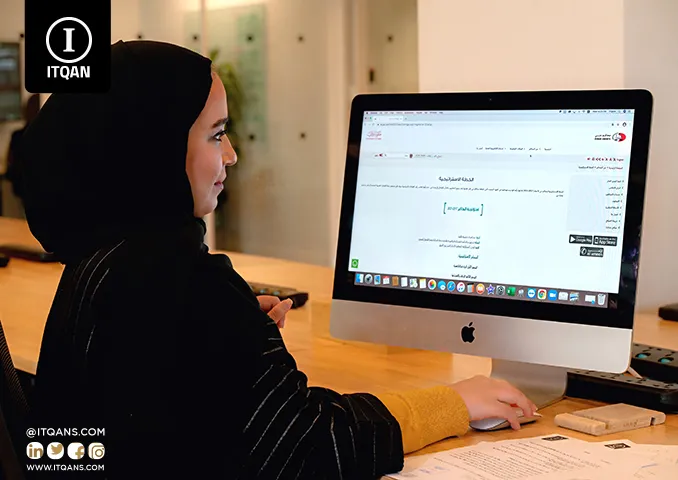Steps to Start a Business in UAE
If you’re planning to start a business in the UAE, you’re taking an excellent step toward being part of one of the world’s most thriving business hubs. The UAE offers opportunities for entrepreneurs to turn innovative ideas into successful enterprises. Whether you’re interested in a free zone company, a mainland setup, or an offshore operation, the key to success begins with understanding the steps involved in business setup in UAE.
Benefits of Business Setup in UAE
The UAE provides a dynamic and investor-friendly environment that attracts businesses globally. Here are some of the top benefits of starting a business in the UAE:
- Strategic Location: Positioned between the East and the West, the UAE offers excellent connectivity for international trade.
- Tax-Free Income: Most businesses enjoy zero corporate and personal income tax.
- World-Class Infrastructure: The UAE boasts advanced logistics, telecommunications, and transportation systems.
- Free Zones: Setting up in free zones offers 100% ownership rights, no import/export duties, and simplified setup processes.
- Safety and Quality of Life: The UAE is known for its political stability, safety, and world-leading healthcare and education systems.
Essential Steps for Launching Your Business
To ensure a smooth business setup in UAE, follow these important steps:
1. Decide on a Business Activity
Selecting the right business activity is crucial. Your chosen activity will determine the type of trade license required. Options include commercial, industrial, or professional licenses. Make sure your business activity aligns with your long-term goals and complies with UAE regulations.
2. Choose the Right Jurisdiction
In the UAE, businesses can operate in three jurisdictions: Mainland, Free Zone, or Offshore. Each has its own benefits:
- Mainland: Perfect for businesses requiring unrestricted access to the local market.
- Free Zone: Ideal for 100% foreign ownership and export-focused operations.
- Offshore: Best for international trading and asset protection.
Conduct thorough research to choose the most suitable jurisdiction for your business model.
3. Register Your Business Name
Choosing a name for your company should meet the UAE’s naming conventions. Avoid offensive terms and ensure the name reflects your business activity. It’s important to check the availability of your business name with the Department of Economic Development (DED).
4. Secure a Trade License
No business in the UAE can operate without a valid trade license. The type of license will be determined by your business activity. You can apply for your license through the DED (for mainland businesses) or the relevant free zone authority.
5. Get Approvals and Permits
Depending on your business activity, you may need additional external approvals from government authorities. For example, food businesses may need a health and safety permit, while consultancy firms might need approvals from local industry regulators.
6. Open a Corporate Bank Account
Opening a business bank account in the UAE is essential for managing your finances, paying suppliers, and receiving revenues. Choose a bank that suits your company’s needs, offers tailored services, and has a straightforward corporate account opening process.
Free Zones vs Mainland: Which is Better?
Entrepreneurs often face the dilemma of choosing between a free zone and mainland setup. Here’s a detailed comparison to help you decide:
- Free Zone: Offers full foreign ownership, tax exemptions, and quick setup. Free zones are best for businesses focused on international trade.
- Mainland: Offers unlimited market access within the UAE and does not restrict business operations geographically. This is ideal for companies targeting the local market.
Your choice largely depends on your target audience, business activity, and operational goals.
Cost of Starting a Business in UAE
The costs associated with starting a business in UAE vary based on the jurisdiction, business activity, and trade license type. Here’s a general breakdown of common expenses:
- Trade License Fees: Varies between free zones and mainland setups.
- Office Space Costs: Free zone companies often have flexible lease terms, while mainland companies require office space within Dubai or Abu Dhabi city limits.
- Visa Costs: Includes the cost of investor or employee visas.
- Application Fees: Covers government processing and administrative costs.
- Miscellaneous Costs: Includes attestation, notary services, and other document-related expenses.
Support for Entrepreneurs
The UAE government provides extensive support for startups, including funding initiatives, networking opportunities, and mentorship programs. For example, the UAE Government Portal offers detailed resources to guide new businesses. Additionally, free zones like DMCC and JAFZA provide startup packages tailored to varying budgets.
If you’re unsure about the setup process, working with a business consultant can save time and streamline your journey. For more insights on suitable jurisdictions, check out Best Free Zones in UAE for Business Setup.
Final Thoughts
Starting a business in UAE is an exciting opportunity, but proper planning and execution are vital. By understanding the steps outlined in this guide, you’ll be well on your way to launching a successful venture in one of the world’s most competitive markets.

















